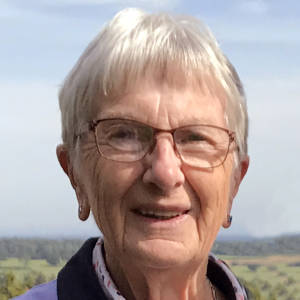Trekking
We have been rewatching early episodes of the World War 2 drama Foyle’s War, first broadcast in 2002 and 2003. They give a very vivid sense of life in England in the early years of the war and during the blitz.
Watching Foyle’s War introduced me to the concept of wartime “trekking”, which I had never heard of. Trekking meant people leaving regional cities and towns that were likely to be bombed, and each night driving to somewhere safer to sleep. That might be lodgings, for those who could afford them, or sleeping rough or in their cars. Next morning they drove back. Trekking was more frequent in regional cities and towns than in London, perhaps because London was better equipped with air raid shelters and assistance for victims of air raids. The numbers of trekkers were significant. For example in April 1941 it was reported that 30,000 trekkers left Plymouth every night.
The authorities were inclined to interpret trekking as a sign of declining morale. In April 1941 a Ministry of Information publication said that trekkers had “weaker mental make up than the rest" and were "potentially neurotic”. I wouldn’t call it ‘neurotic’ to want to be able to sleep, and not be killed. Imagine going to bed every night wondering if this was the night a bomb would get you.

Comments
Sign in or get an account to comment.


